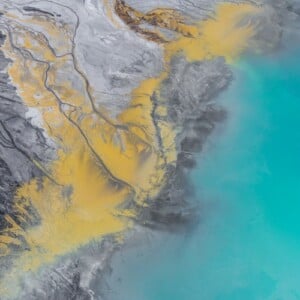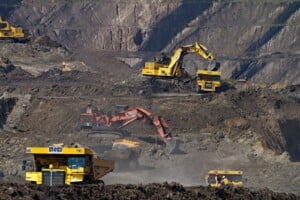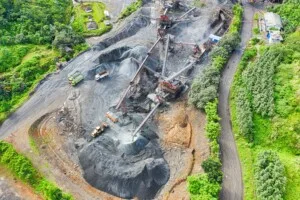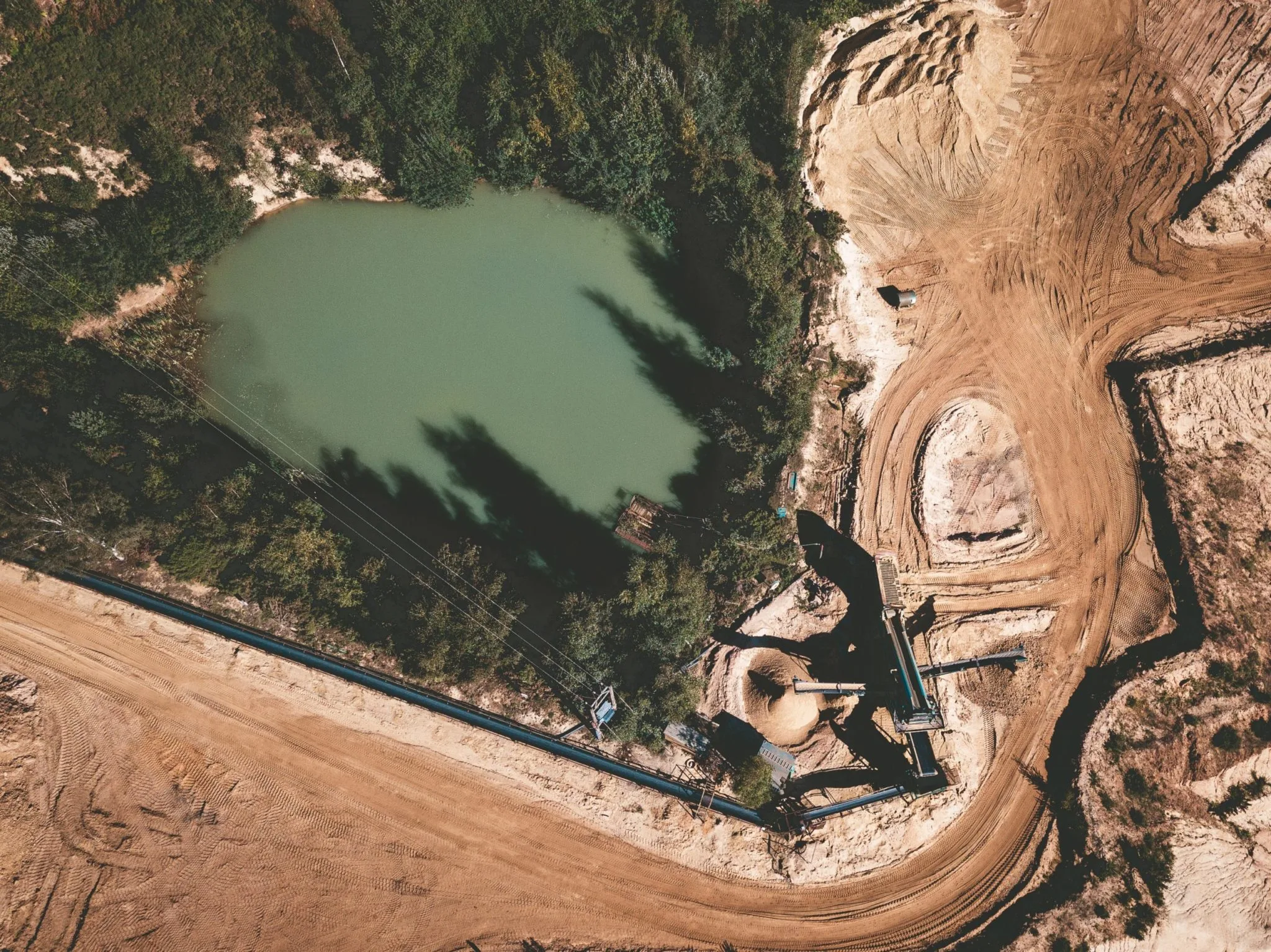No country in Latin America performs the way Chile does, and most of its economic success is due to its mining industry. Possessing vast natural resources of copper, iron, molybdenum, silver, gold, and lithium, Chile is a world giant in mining.
Chile has become the biggest mining sector in Latin America in recent years. Chile’s economy is largely dependent on the mining industry, as it makes up for 10% of the nation’s GDP and 50% of its total exports. Copper is the most important mining product for Chile, being the world’s number one copper producer. Furthermore, Chile is a major producer of gold.
As Chile poses restrictions in obtaining the right to mine gold, it is wise to have an understanding of the process for acquiring a mining concession. In this article, we focus on the gold industry and how to obtain mining rights.
Acquiring a Mining Concession in Chile – What are Mining Rights?

As mentioned above, the right to mine in Chile is not an easy thing to acquire. This right is called a concession. This concession has two different forms:
- An exploring right: An exploring concession is meant to be a basic research concession. In other words, the exploring concession allows small samples of ore (the actual substance being mined) to be taken. Its purpose is merely to research whether or not the mine is of interest through low-level mining. The exploring right has a duration for two years unless it is extended upon request.
- An exploiting right (concesión de explotación): The exploiting concession is designed for actual mining. At this stage, the company actually commercializes the mining process and invests for several years. The exploiting concession states a company can mine in a specified territory. The duration is set for as long as the company pays for the mining license.
Both concessions can be acquired in two different ways. These are:
- Buy an existing right (concession): Buying an existing right means a new company can buy an already existing right to mine in a certain place. As all rights are created for new places to mine, the situation can occur that a place that has a right is not being exploited. Moreover, when this happens the already existing right can be bought by another company.
- Create a new right (concession). Whenever a mining company finds a new place to mine and exploit, a new right has to be created. As mentioned above, every new exploiting concession states a company has a certain territory to operate in. Whenever the company wants to exploit a region outside of its assigned territory it has to apply for a new right.
How Do I Acquire a Mining Right?
The process of acquiring a mining right is a long one. Due to the size and longstanding dominance of the industry in Chile, the Chilean government has created more and more regulations. When a company is interested in obtaining a mining right, it has to apply in front of a judge. Within the last three years, this became a process that can also be done online.
Appearing in front of a judge is an adverse judiciary process. This means the company will enter a lawsuit without an opposing side. It has to make its case in the form of a petition to a judge explaining why they should receive the right. Aside from appearing in front of a judge, the company also has to execute due diligence of their organization. It is recommended to acquire a local partner for this process, as the due diligence needs to comply with Chilean laws.
Exploring and Exploiting Rights
Furthermore, a difference exists in the application for a new exploring right and a new exploiting right.
- Applying for an exploring right. A claim must be filed with the competent court and a one-time processing fee must be paid. The Court will direct that companies must file a full copy of the claim with the Registry of the Discovery of Mining Titles. Furthermore, companies need to publish a full copy in the Official Mining Bulletin. Afterward, the appropriate parties get the chance to object to the right. Successful applicants will be required to pay an annual license.
- Applying for an exploiting right. Companies must request the Court to order a survey of the above-mentioned claim. This application will be published in the Official Mining Bulletin. After that, a period for third parties to file objections will commence. If none are forthcoming by the end of this period, a mining engineer, or other appropriate specialist designated by the applicant, will proceed to survey the claim. His report will then be forwarded to the National Geology and Mining Service for review. When no objections arise, the Court will grant the exploiting request.
Possible Obstacles

The above-mentioned information concerns the first step of acquiring a mining right. The first step concerns the sub-level mining territory. However, acquiring the ground-level mining territory requires taking care of the second step. This is where other parties come into play that have an interest in the location of the mining right.
Since the applications for concessions are being passed through many parties, the application process becomes a difficult one. For example, any type of NGO or environmental party has a say in the approval of a mining concession. In other words, if the requested new mining territory is home to a specific kind of animal or plant, the request would likely be rejected.
Because so many parties are involved, the process becomes a very long one. Decisions on mining concessions can take up to a year or even longer. Furthermore, within this process numerous rejections are to be expected, whereafter the company has to adapt to additional requirements of involved parties.
Another obstacle is the company requirements. For example, since Chile passed the Charter Law on the Environment (Law 19300), companies are required to submit an Environmental Impact Assessment or Declaration. Moreover, this assessment secures a level of sustainability within the company that the law requires.
Also, companies are required to apply for all operating licenses and permits. The obstacle finds itself in the six different organizations that are in charge of this process.
Local Help
Mining gold is a very popular business in Chile and its government is very welcoming to international mining companies. However, numerous obstacles can stand in the way of your company sharing in the mining profit. That being said, obstacles like the application process or the required due diligence can be managed through acquiring a local partner.
If you would like more information on mining law in Chile, Biz Latin Hub has a group of legal experts that can offer you guidance for your mining business in Chile. Contact our mining specialists for help on getting your business set up in Chile.





